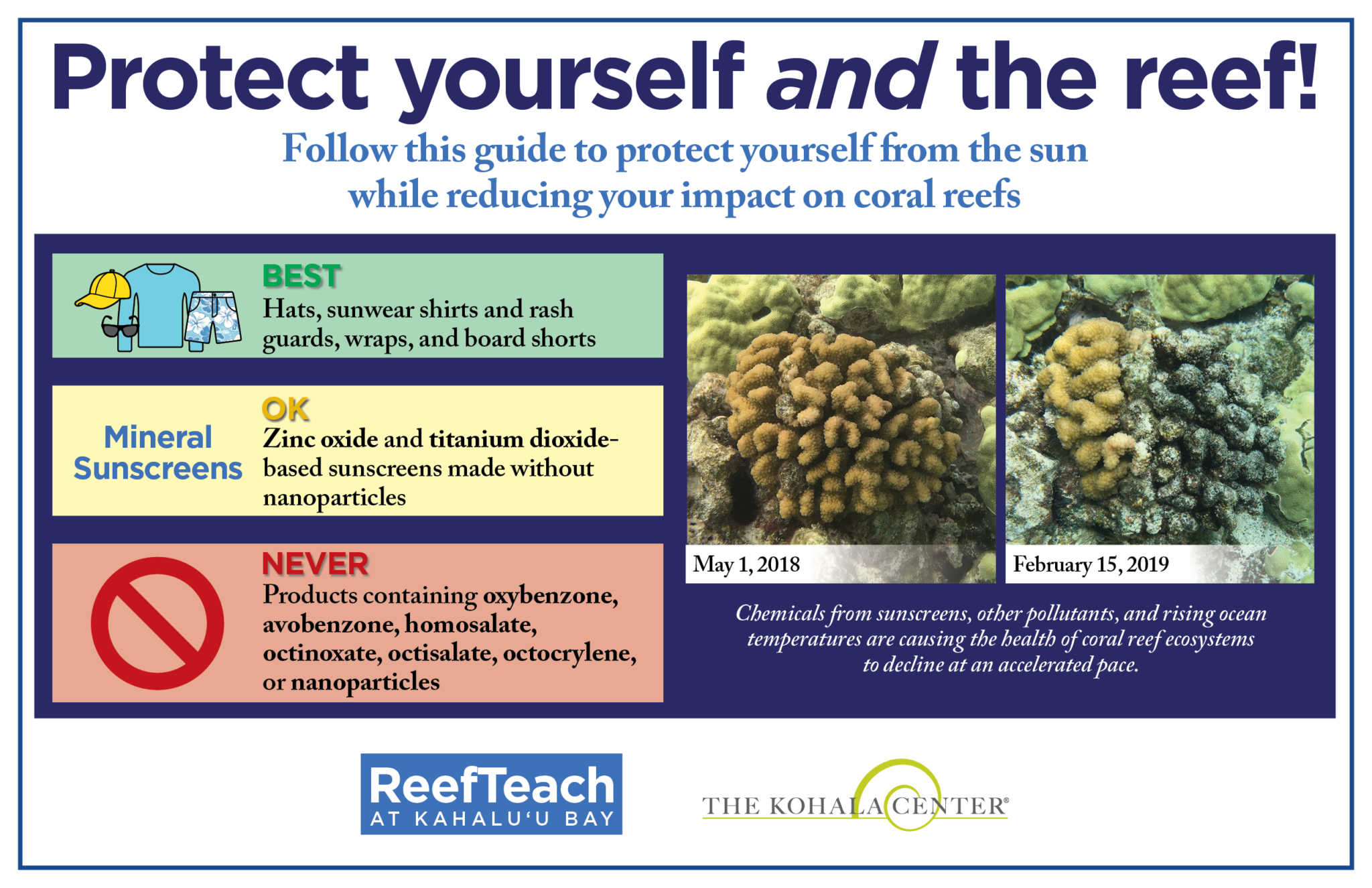Skin Cancer and Sun screen
for protecting our skin put sunscreen products but sometimes because of ingredients our skin has higher chance to get skin cancer. If the sunscreen lists oxybenzone, avobenzone, homosalate, octinoxate, octisalate, octocrylene, and/or nanoparticles as active ingredients, it’s best to avoid them. (These ingredients will wash off in the shower, and are even absorbed into your skin and passed through your urine, so they could eventually end up in the ocean!) [from https://kohalacenter.org/kbec/sun-protection]
so far non nano zinc oxide or titanium dioxide is known as safe ingredient, but not the best
Sunscreen that includes zinc oxide, a common ingredient, loses much of its effectiveness and becomes toxic after two hours of exposure to ultraviolet radiation, according to a collaboration that included Oregon State University scientists.
“Sunscreens are important consumer products that help to reduce UV exposures and thus skin cancer, but we do not know if the use of some sunscreen formulations may have unintended toxicity because of interactions between some ingredients and UV light,” said Tanguay, an OSU distinguished professor and an international expert in toxicology.
[from page https://today.oregonstate.edu/news/osu-study-after-two-hours-sunscreen-includes-zinc-oxide-loses-effectiveness-becomes-toxic]
There are a bunch of recent media discussions that have started over a new scientific study done on cells in a petri dish. The study suggests that nano-zinc oxide plus UVA is harmful. The study, about to be published in the Journal of Toxicology and Applied Pharmacology, is a study of vulnerable cells in a dish that are completely different than the cells in healthy human skin.
[from page https://drbaileyskincare.com/blogs/blog/can-zinc-oxide-sunscreen-cause-cancer]


Comments
Post a Comment